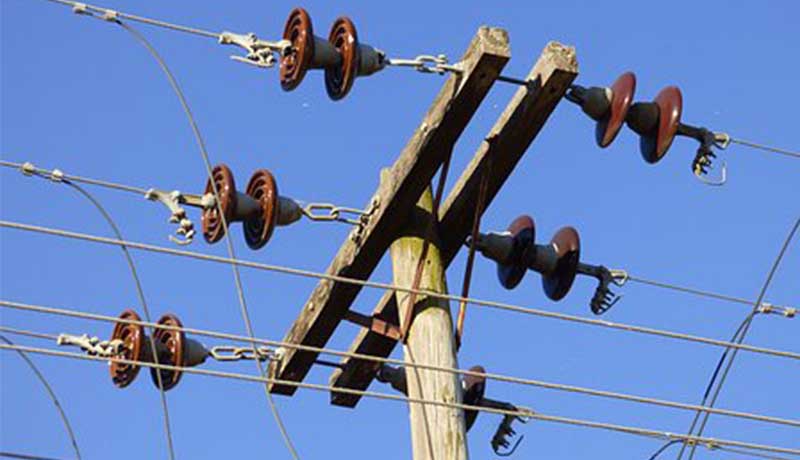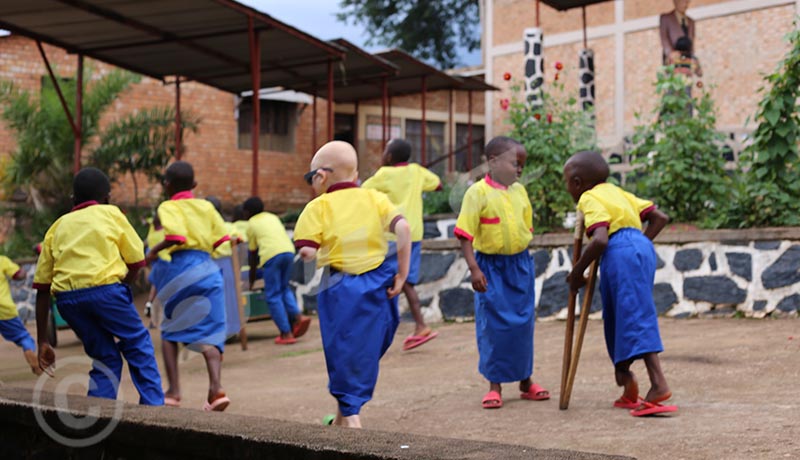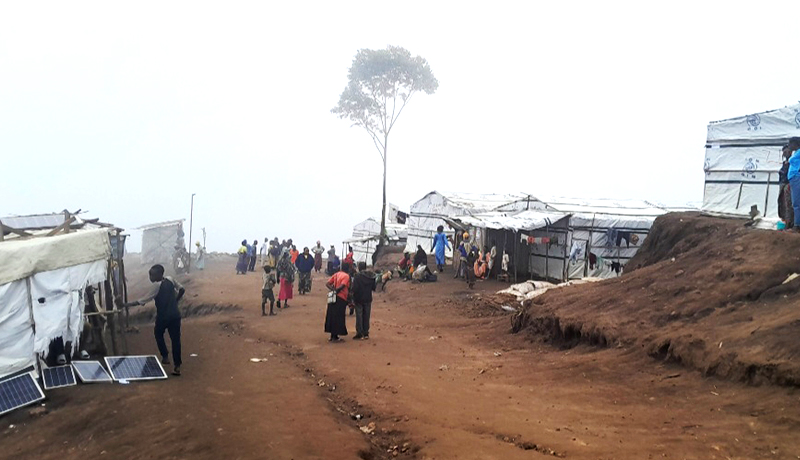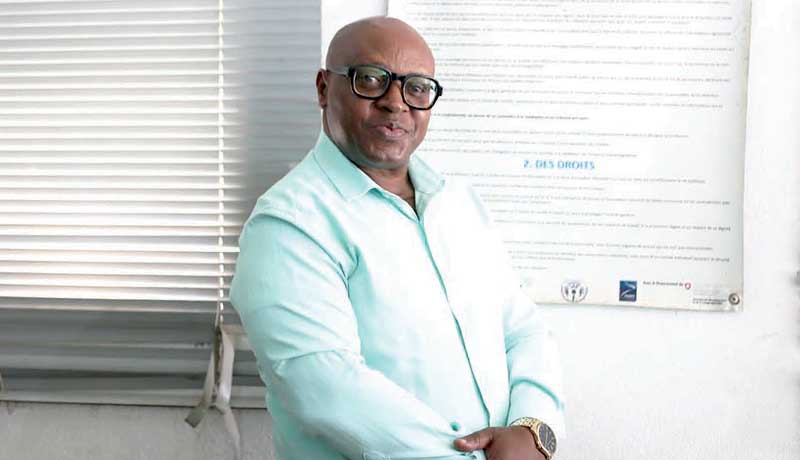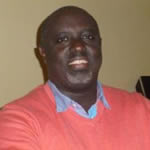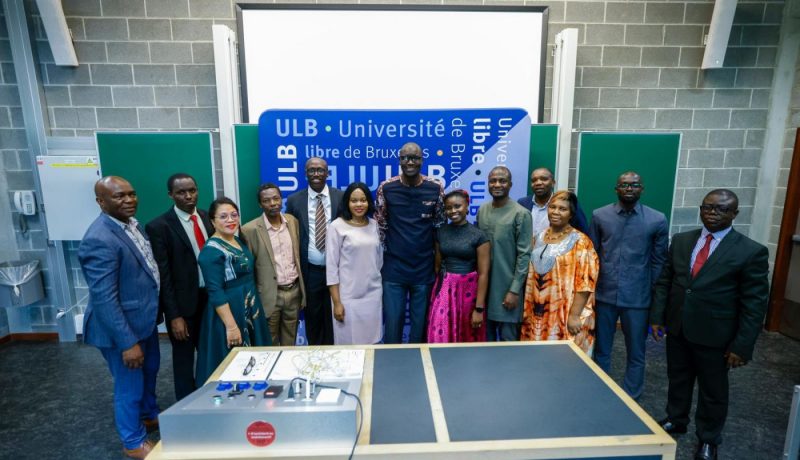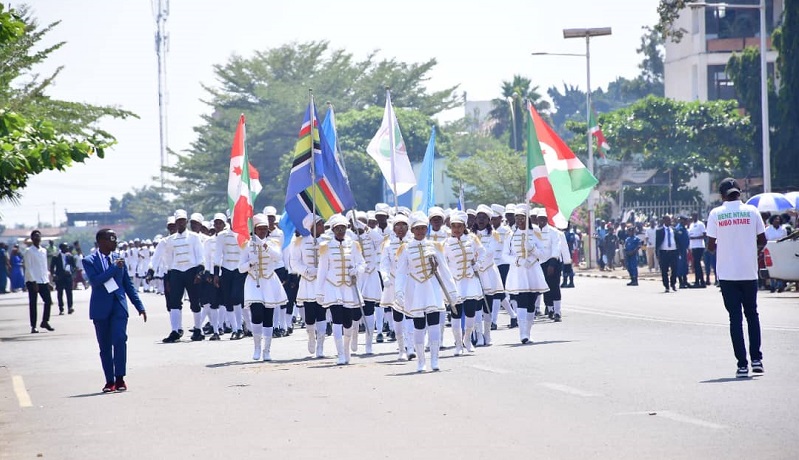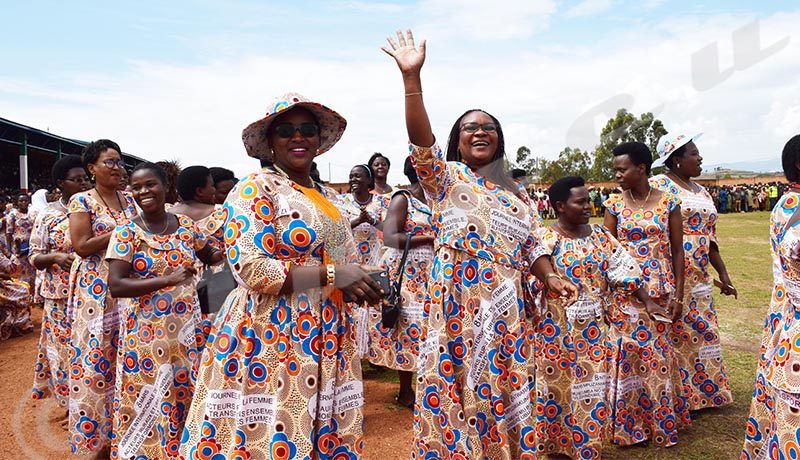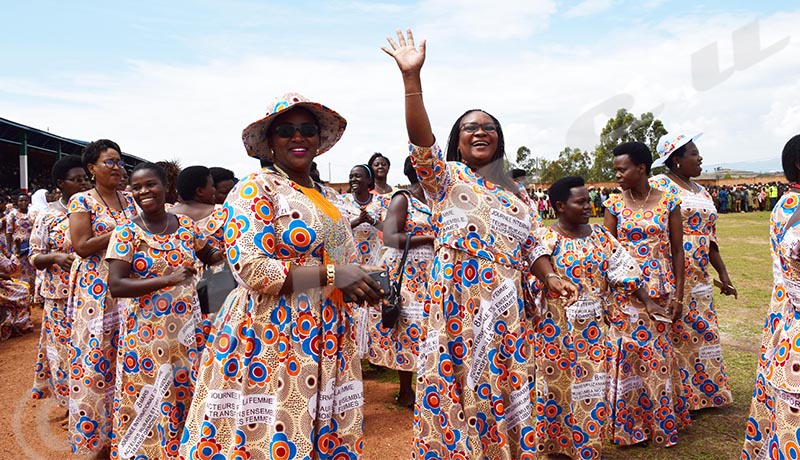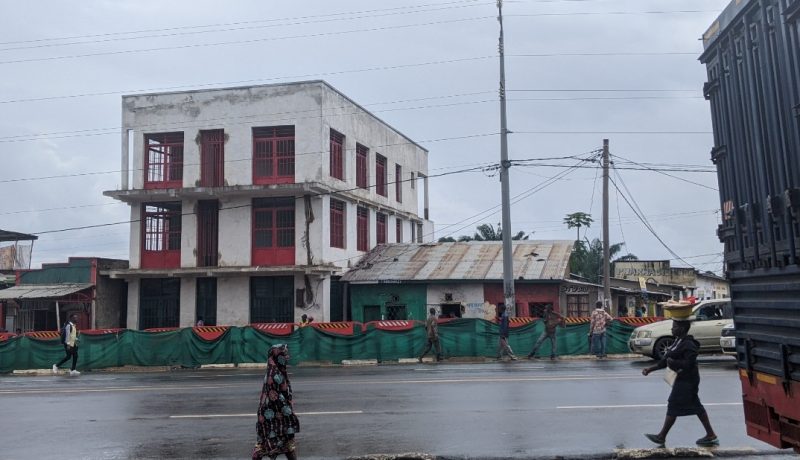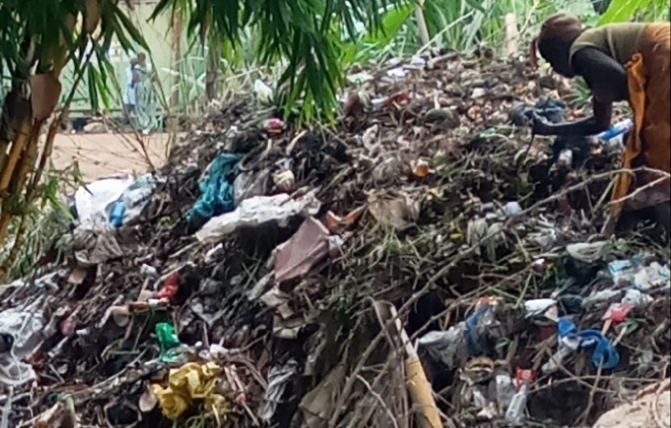The recent 2013 elections in Kenya have been successful, fair and peaceful. However, after the 2007 elections the situation was marked by many cases of violence, murders… To avoid this, Kenyans have got up and stood up to organize fair elections in 2013. This should serve as an example for Burundi during the 2015 elections.
<doc7843|left>According to Collins Kinanja, a Kenyan living in Burundi, the 2013 elections in Kenya have been free and fair to a large extent, although they were characterized by some irregularities including failure of the newly introduced electronic system which led to the use of the manual system.
"Thanks to the long period of preaching peace to Kenyan citizens and the support of foreign countries like America, the elections of 2013 have been successful," says Absalom Mukubane, a Kenyan working in Burundi.
"On my own view, four things shape people’s behavior: firstly, there are incentives, secondly, there are institutions. Thirdly, there is an environment in which they operate and fourthly, the fear of being caught and punished," points out Kinanja.
Kinanja adds that the 2013 elections in Kenya have been planned well because Kenya has undertaken many major reforms since the 2007 elections, including passing of a new Constitution and overhauling its whole election process. With these undertakings, the country has encompassed the four points including a strong Judiciary to uphold the constitution.
"A Constitutional Reform stems from negotiation and the reinforcement of the power of the Prime Minister has made things run smoothly during the elections. Kenyans have also been realistic and reasonable for the future of the country; they have thought about what could be done to develop their state and pleaded for a change," declares Athanase Karayenga an independent journalist.
Some challenges
"In some African countries, competitors do not accept failure. Among two competitors, there is one winner and one loser. If one of them is not prepared beforehand, to accept that he has failed, he will use all possible means even wrong ones to remain in power or to reach it," regrets Karayenga.
He goes on saying that in Burundi we still have this problem whereas people need a change. High top authorities must know that other people also need to have a chance to be elected and rise. They should also know that there are everlasting situations caused by civil wars that should be taken into consideration and dealt with carefully because they can lead the country to chaos. A lack of transparency and appropriate election law can also make things become worse and worse.
"Media can sometimes be an instrument of the government and do not work independently. This can be an handicap during the period of elections. It is worth underlining that the media coverage towards the candidates’ political parties or coalitions should be neutral," says C.K. a Kenyan living in Bujumbura.
A call upon everyone
According to Hon. EvaristeNsabiyumva, Assistant in Local Affairs Ministry,
"the Electoral Commission in Kenya has operated its job wonderfully. Moreover, the political commitment of Kenya to avoid violence during the election has given rise to that success; the ballot combination and collection has also eased the situation. It’s what we can learn from Kenya," declares Nsabiyumva.
Kinanja indicates that Burundi should do a lot of things to follow the Kenya footsteps.
"The adoption of a strong constitution safeguarding the interest of the whole population before the elections is required; a strong independent Judiciary should be put in place to uphold the constitution and the education of the ordinary population for the benefit of a true democracy," concludes Kinanja.
